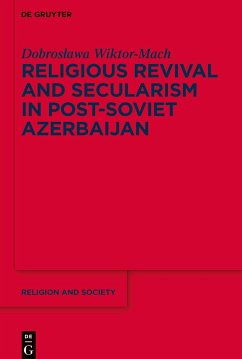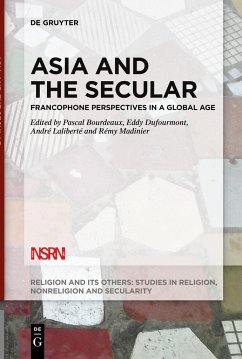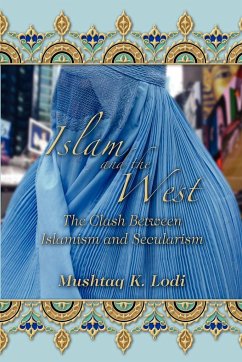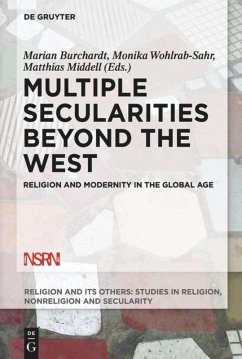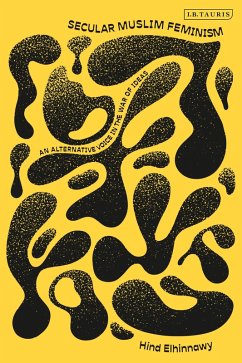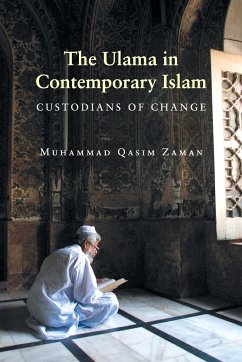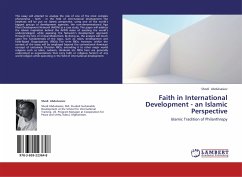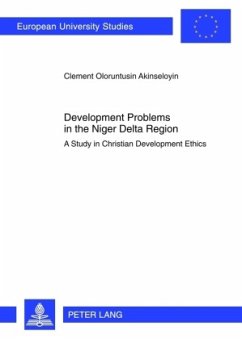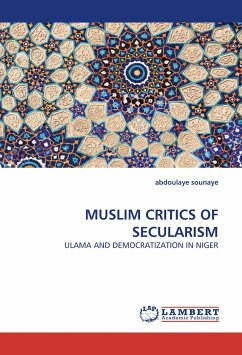
MUSLIM CRITICS OF SECULARISM
ULAMA AND DEMOCRATIZATION IN NIGER
Versandkostenfrei!
Versandfertig in 6-10 Tagen
32,99 €
inkl. MwSt.

PAYBACK Punkte
16 °P sammeln!
One of the marking features of the 1990s democratization in Niger has been the rise of a variety of Islamic discourses. Laïcité has been among their major preoccupations. For many ulama this secularism contradicts Niger's religious identity. Three voices are presented: the Collaborators, the Moderates and the Despisers. Each group seeks to influence the political and ideological make-up of the state. Although ulama in general remain critical of the state ideological transformation, not all of them reject the separation from religion clause. The Collaborators suggest cooperation between the r...
One of the marking features of the 1990s democratization in Niger has been the rise of a variety of Islamic discourses. Laïcité has been among their major preoccupations. For many ulama this secularism contradicts Niger's religious identity. Three voices are presented: the Collaborators, the Moderates and the Despisers. Each group seeks to influence the political and ideological make-up of the state. Although ulama in general remain critical of the state ideological transformation, not all of them reject the separation from religion clause. The Collaborators suggest cooperation between the religious and the political authorities; the Moderates demand governance to accommodate people's will; and the Despisers reject the liberalism that voids religious authority and demand a total re-islamization. I argue that what is at stake is less the separation between state and religion as its modality and impact on religious authority. The targets, tones and justification of the discourses Iexplore show the limitations of a democratization project grounded in laïcité. Thus, in place of a secular democratization, ulama propose a conservative democracy based on Islam.



